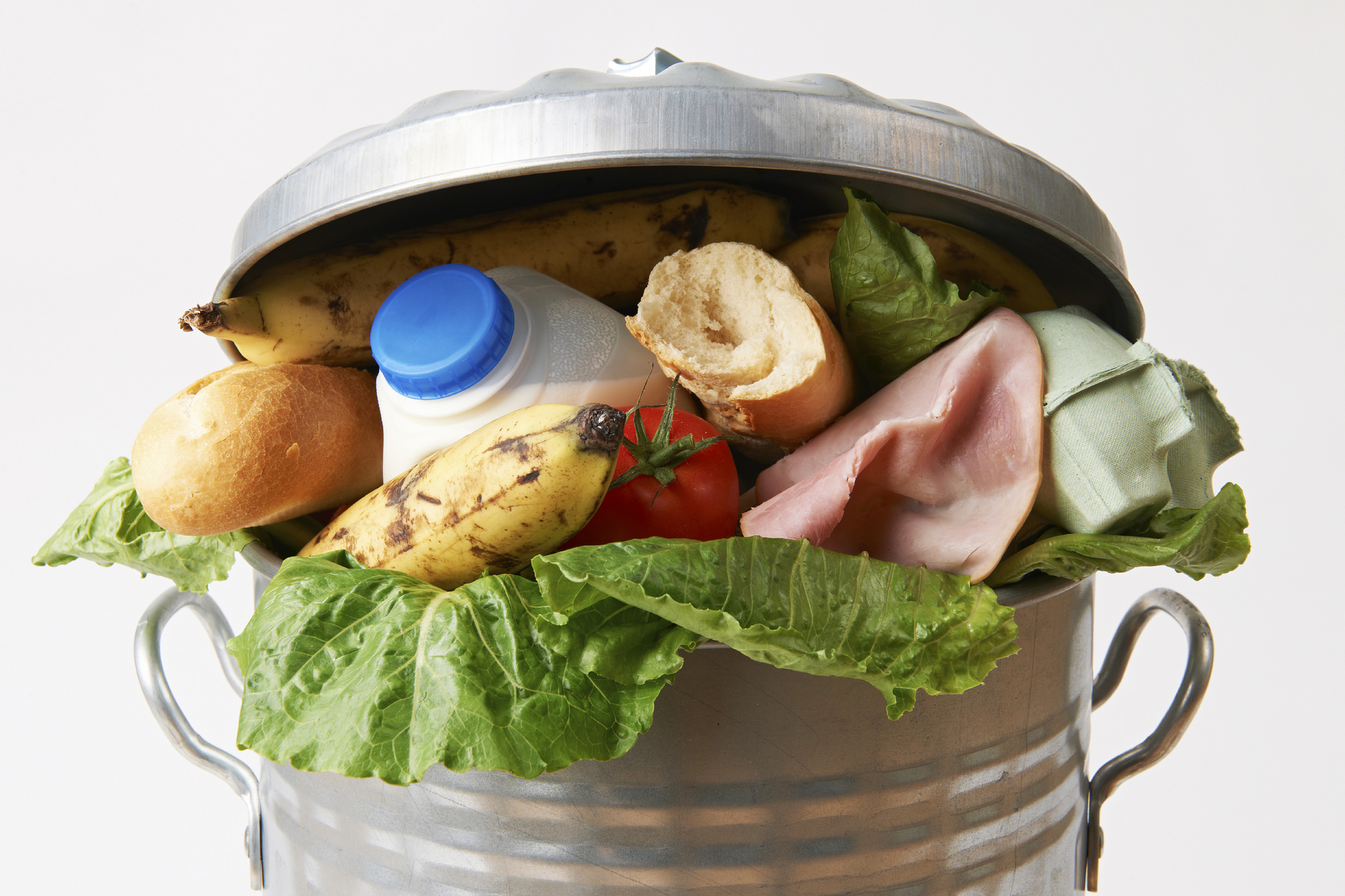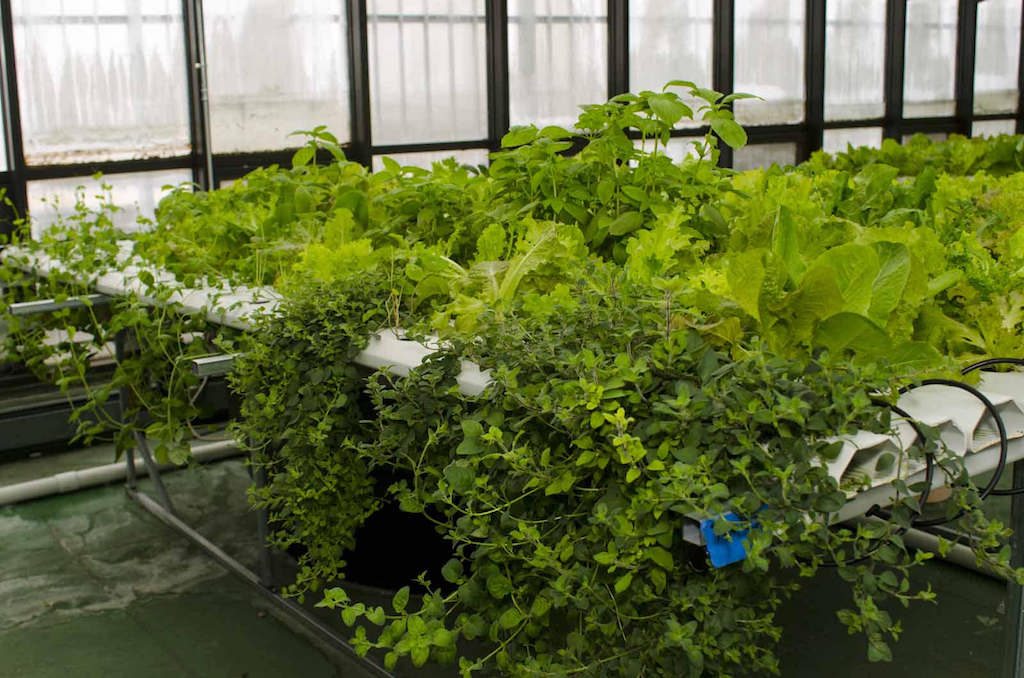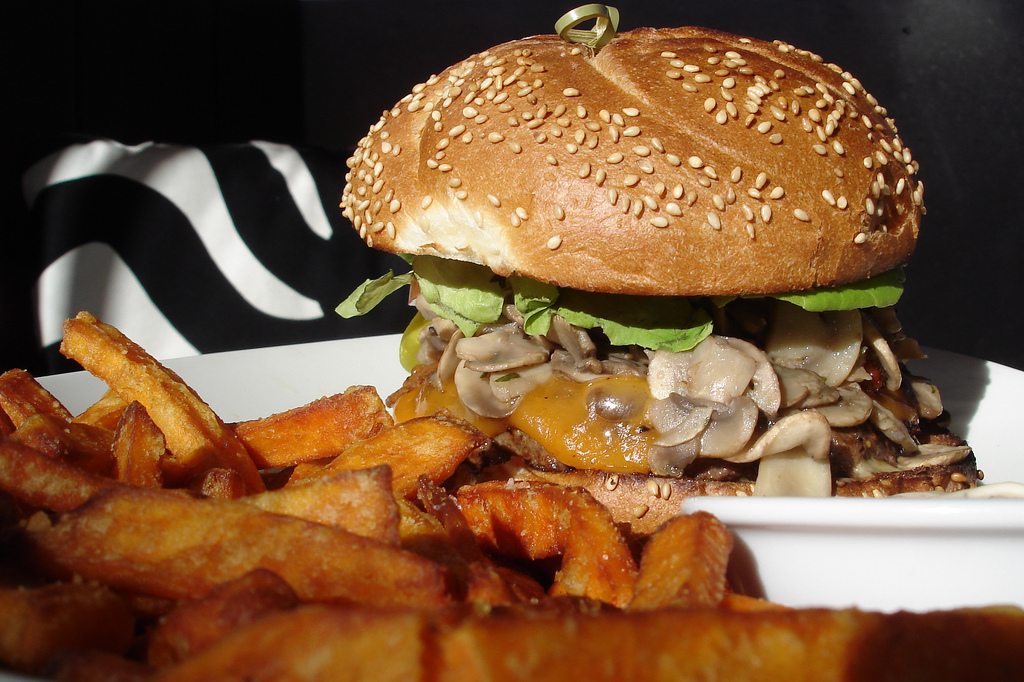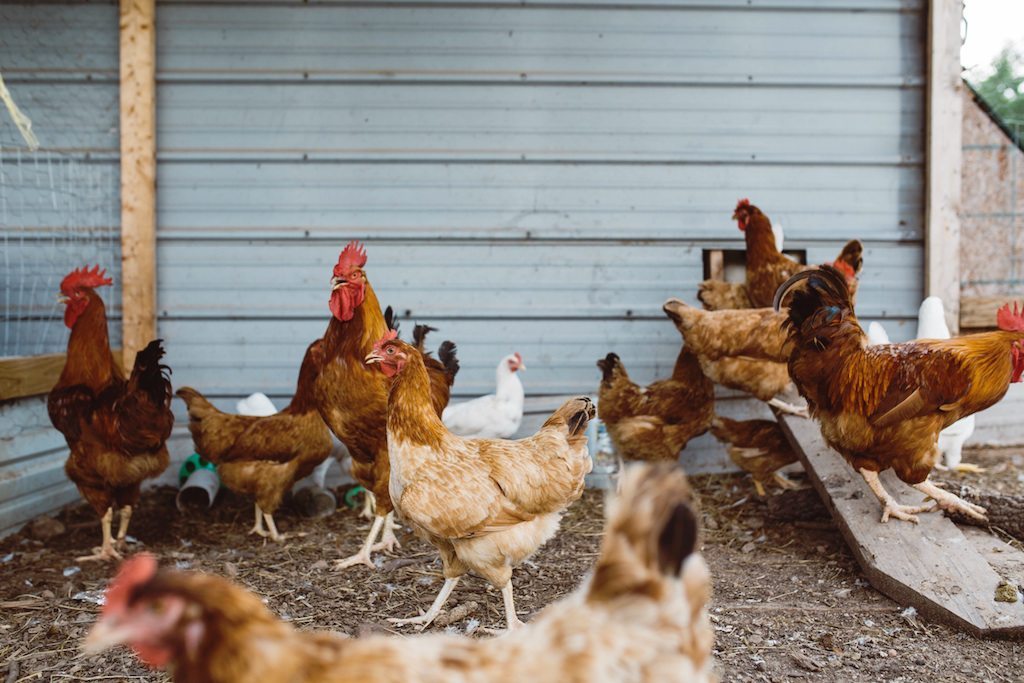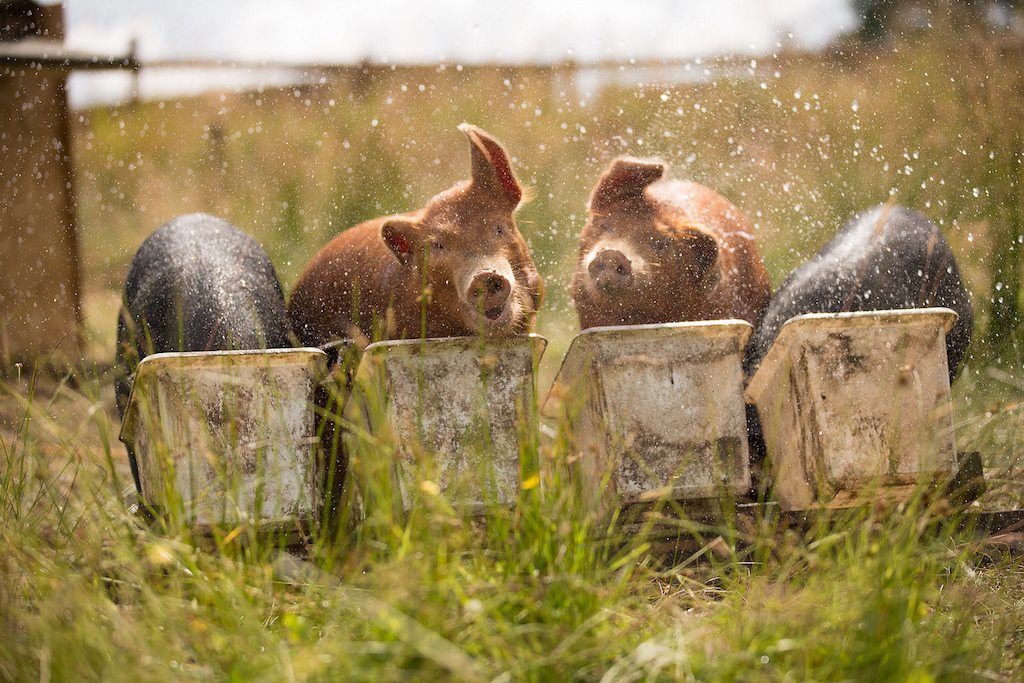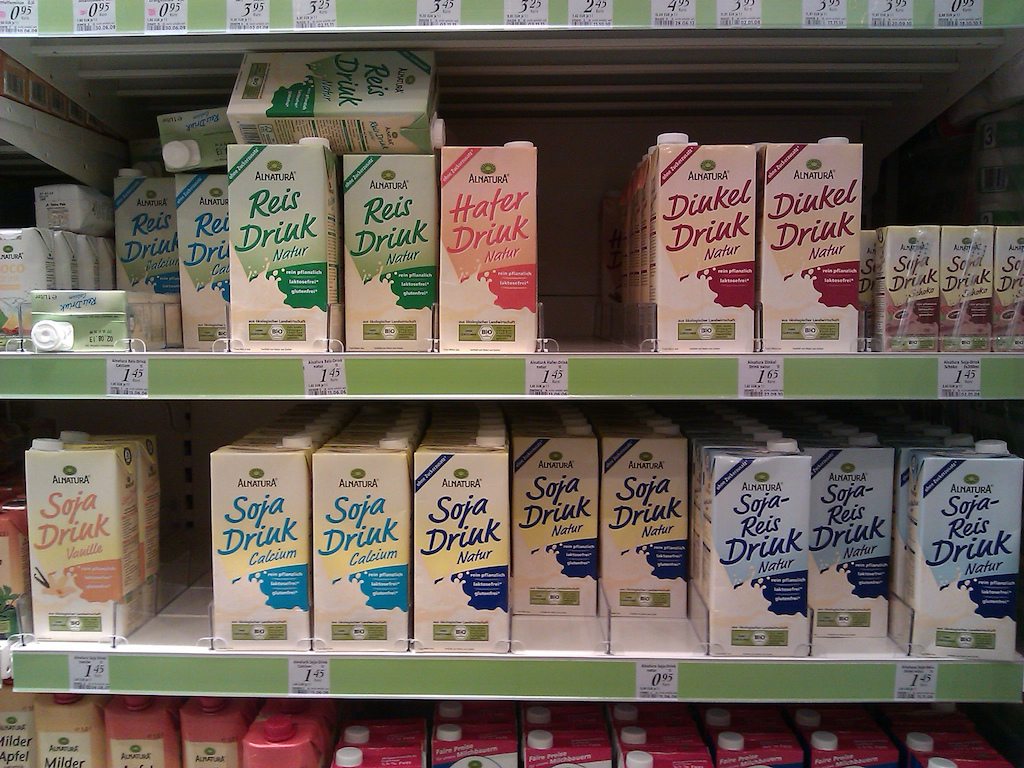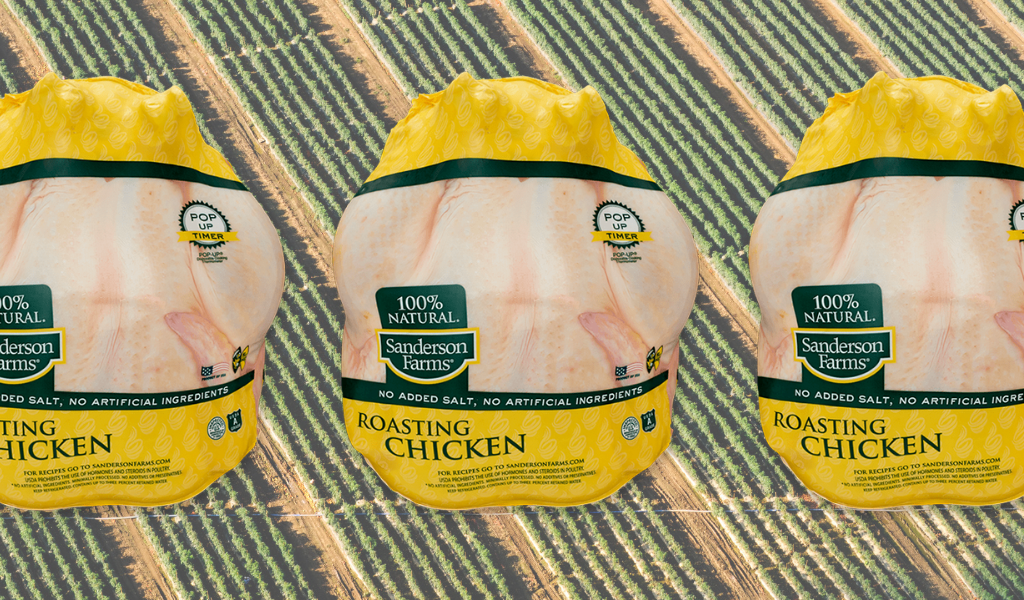
Photo by Sanderson Farms, graphic by NFE
Last week, a federal judge in California denied poultry producer Sanderson Farms’s request to dismiss a lawsuit accusing the company of using false and misleading advertising to market its line of “100% natural” chicken products—a tagline that appears on a range of offerings from wings and drumsticks to thighs and whole birds, as well as on the company’s website, print ads, billboards, and TV commercials. The order from U.S. District Court Judge Richard Seeborg is the latest salvo in a courtroom battle that’s been dragging on almost 18 months.
According to a 2015 survey of over a thousand American eaters conducted by Consumer Reports, most of us believe the term “natural” means a few things when applied to meat and poultry: That the animal it came from was raised outdoors; was produced without the use of antibiotics, growth hormones, or other synthetic drugs; and was brought to market with the addition of artificial or GMO ingredients.
“Natural” probably doesn’t mean what you think it means, though—the term isn’t strictly defined or regulated by the government agencies that oversee our food. That gap in understanding is central to the lawsuit, which claims “100% natural,” as used by Sanderson, plays more to widespread misunderstandings than to the technical details of the government standard. (For more on what “natural” and other common claims mean when applied to meat, see The New Food Economy’s handy guide.)
As outlined in the suit, one major issue is animal welfare, and how consumers perceive a natural chicken to be raised. In their complaint, the plaintiffs point out that at least half of consumers believe natural chickens roam outdoors. Sanderson, however, raises chickens in confined houses with no access to the outside world, a practice that’s standard in the industry. That alone, the judge found, was sufficient to plead that the poultry company had deceived customers. Sanderson, for its part, said it doesn’t depict chickens going outdoors in its advertisements, and therefore couldn’t be misleading consumers.
In court documents reviewed by The New Food Economy, Sanderson says, in its defense, that when it uses those phrases, it isn’t saying that it doesn’t use antibiotics. In fact, Sanderson has been vocal about its use of antibiotics, even as the rest of the industry begins to withdraw from the practice over concerns about the prevalence of antibiotic-resistant bacteria. The company pointed to its commercials, where plain-spoken pitchmen explained that all Sanderson “chickens must be cleared of antibiotics before they leave the farm,” while at the same time deriding other companies that advertise their products are “raised without antibiotics.”
Cleared. That word, Sanderson said, should indicate to the consumer that the company is, in fact, using antibiotics, but making sure that they have left the bird’s system before it goes to slaughter and processing. That’s nothing special: Under current rules, meat and poultry products treated with antibiotics must be subject to a “withdrawal period” meant to ensure they contain no residues when they hit the market. (A Consumer Reports study found that doesn’t always happen.) Still, the company says its marketing language is designed not to obscure the fact of its antibiotic use. “If the process was devoid of antibiotics, surely there would be nothing to ‘clear’ before the birds left the farm,” the company said in its motion to dismiss.
In March, I wrote that FDA, under its Commissioner Scott Gottlieb, wants to “modernize” its approach to food labels and packaging claims like “natural,” and that it plans to re-evaluate its stance on the meaning of such terms. But for now, only “natural flavors,” which are extracted from a plant or animal—as opposed to “artificial flavors,” which originate in a lab—have legally binding regulations.
Food manufacturers know this. Research shows that just adding the word “natural” to a product powers $40 billion worth of food sales every year. So while the term tends to attract lawsuits, with plaintiffs bringing dozens of suits challenging labels on products from orange juice to tortilla chips to Ben and Jerry’s ice cream, it’s not enough to keep industry from using it. We love to tell ourselves that what we buy is “natural,” basking in the glow of the word’s many positive associations. Until regulations change, food companies will be all too happy to let us believe.

